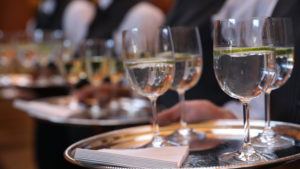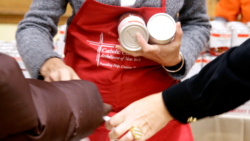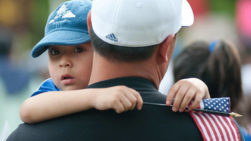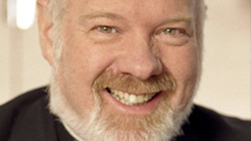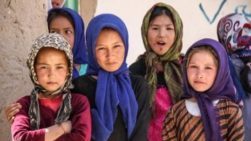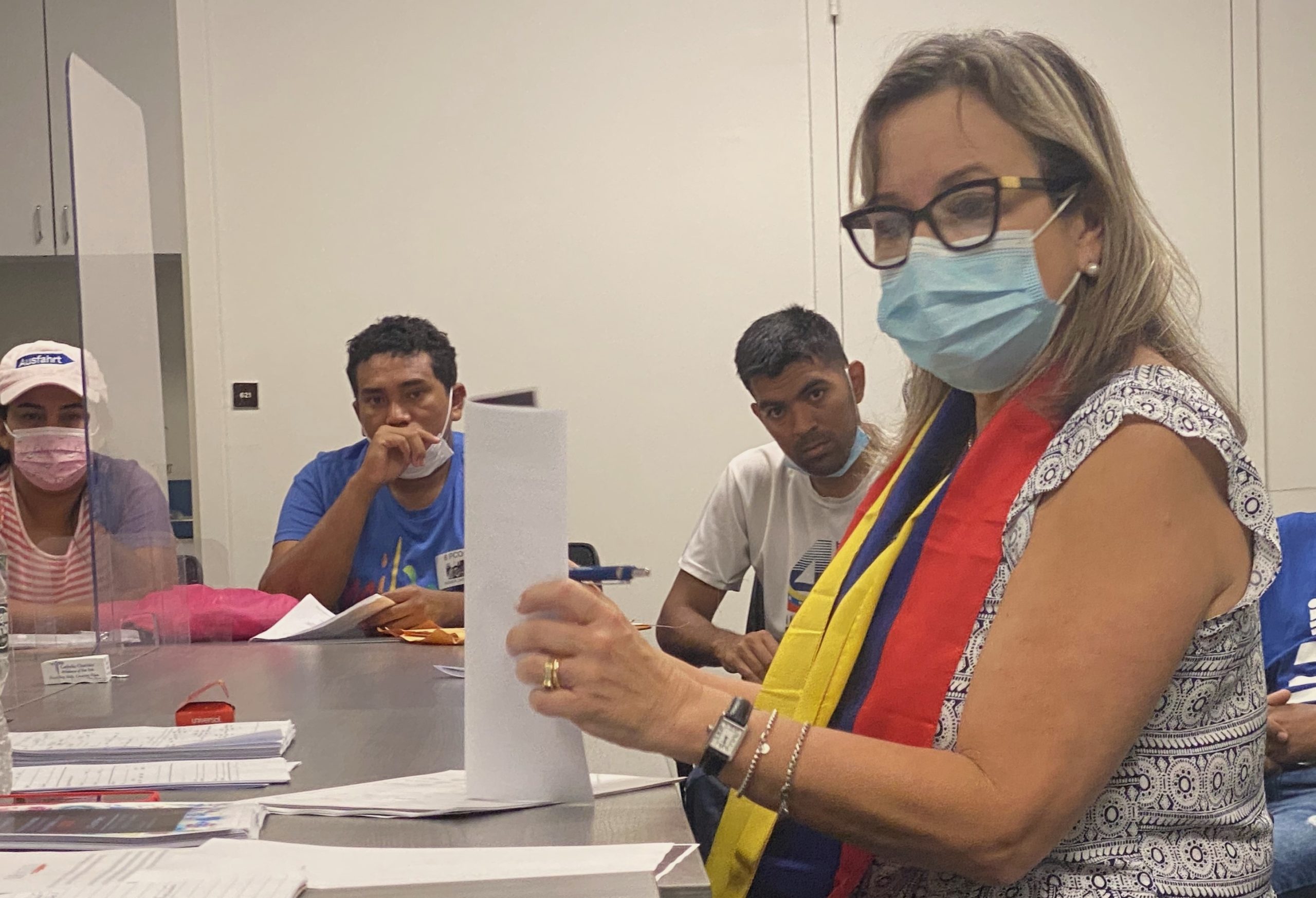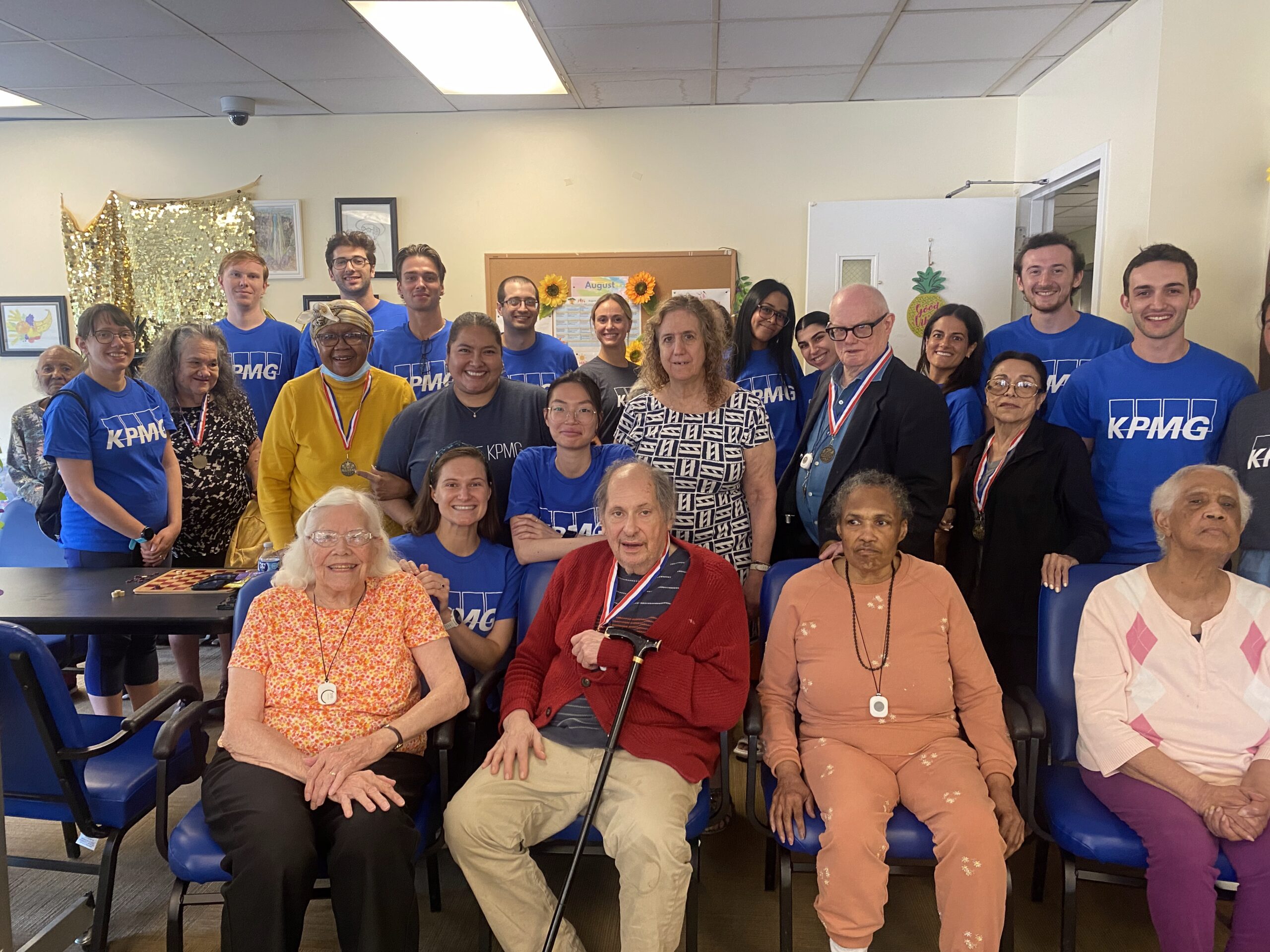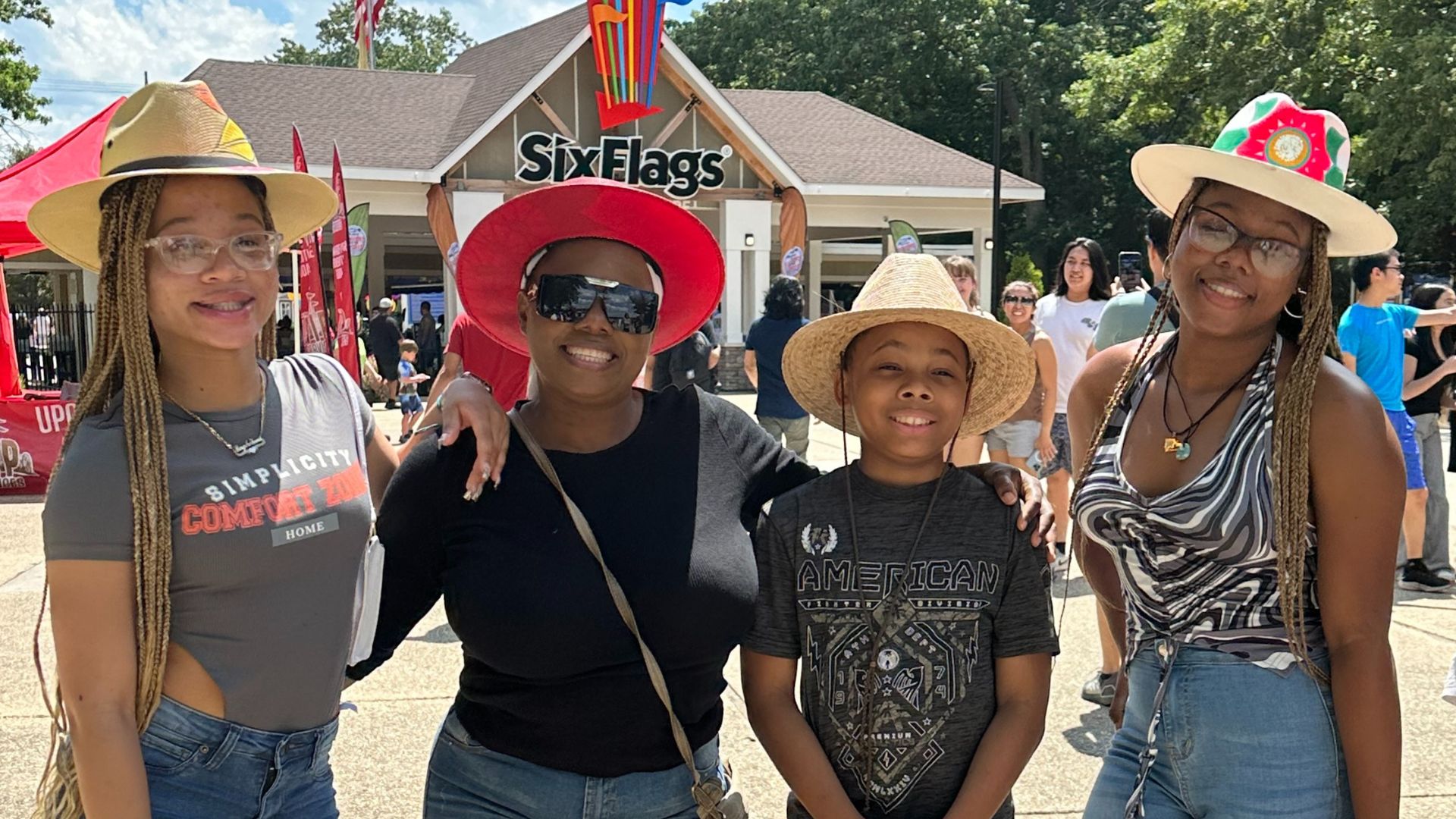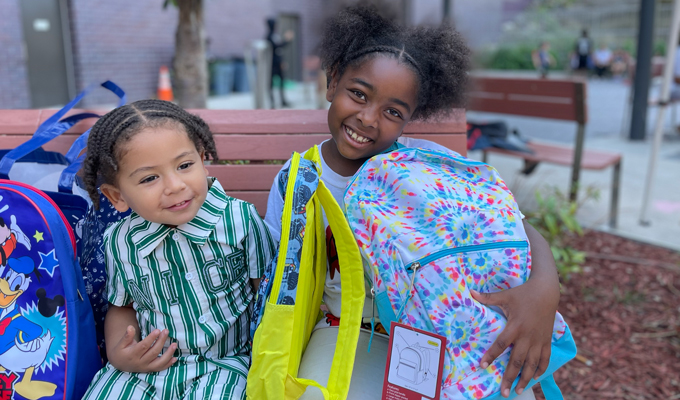They call her Mama.
In a conference room at Catholic Charities headquarters in midtown Manhattan, Mariana Duenas, a Catholic Charities caseworker convenes a group of 13 Venezuelan migrants joined around a set of tables. It’s 11 a.m. on July 28, and they are among the dozens who will filter through the sixth floor this day.
They are mostly men, with a handful of women. None appears to be older than 30. They include two children, including one boy who sleeps through the entire proceedings.
Mariana wears a sash with the Venezuelan colors. She was once a migrant herself, and has been working out of Catholic Charities in Westchester County for 18 years.
“Where are you from?” She asks in Spanish, beginning a one-hour meeting.
The names of cities and villages, big and small, pour out. One mentions Caracas, and Mariana nods in recognition, as that is where she is from. There’s an aura of familiarity, a sense of home reawakened.
But there are reasons why this group has trudged more than 4,000 miles through jungles and mountains to get to this spot, after plane and bus rides from their entry points at the Texas border. They are among the hundreds of migrants who have arrived in New York over the past month, most without local connections and sent here with only this address for Catholic Charities. Most of those who have landed at the 1011 First Avenue headquarters of Catholic Charities are Venezuelan, although there are others who have made it from Central America, Eastern Europe, and Haiti.
Their journey is miraculous. Among them are my heroes.
“Their journey is miraculous. Among them are my heroes,” says Mariana, who hears their stories and is overwhelmed with awe and admiration for the struggles they have endured.
She comes down from Westchester because this is where she is needed. A 2007 article from the New York Times notes her reputation as a champion of immigrants. She speaks the language and knows the territory from where they have come. And she knows that the roots of what brings them here is the crisis in Venezuelan society, as intractable political and economic crises have spiraled, causing these young people to abandon hope and flee north.
This wave of new migrants touched my heart
“This wave of new migrants touched my heart … For the young people there is no future in Venezuela,” she says, noting that almost everyone who makes this trek are generations younger than previous immigrants from Venezuela. They call her Mama as a term of endearment and hope that this more seasoned fellow immigrant can provide the information and help they need for a chance to thrive in the United States.
Duenas knows it won’t be easy.
Her meeting with the group promises no miracles. Most of it is gathering information about addresses and phone numbers. She carefully transcribes the information with pen and paper. From discussions with other similar groups, Mariana has heard stories about what they have gone through.
There is the trek through the jungles of Panama, where the migrants often find bodies along the way of those who didn’t make it. Some experience the ill effects of dirty drinking water. Their shoes are often worn out. Some report they have been the victims of sexual violence.
Those in this group say they stayed a few days in Texas, only to be sent by airplane and bus to New York. While one is from the massive metropolis of Caracas, most are from small villages and towns, and the city is intimidating.
They give their addresses as city shelters in Brooklyn and Queens. Some have no phone numbers. That’s a problem: it can cause issues with connecting with their court dates to judge their requests on asylum. She counsels them to make their court hearings. Venezuela, unlike other Latin American countries, is looked upon more favorably as a place to judge political asylum cases by the U.S. State Department.
Most in this group have been here a few weeks. Catholic Charities has provided food, drink and $50 gift cards, as well as counsel on navigating court dates and survival in New York City. For the children, that will mean quick lessons for their parents on how to enroll them in public school. They are provided contacts with Venezuelan organizations that can provide help, as well as the locations of food pantries and soup kitchens.
It is important for us to give them some hope.
“It is important for us to give them some hope,” says Mariana. There are others in the waiting room, who, after their one-hour meeting, will adopt their new “Mama” at New York Catholic Charities. There are more meetings to go before the day is over. The buses in front of 1011 haven’t slowed down.

